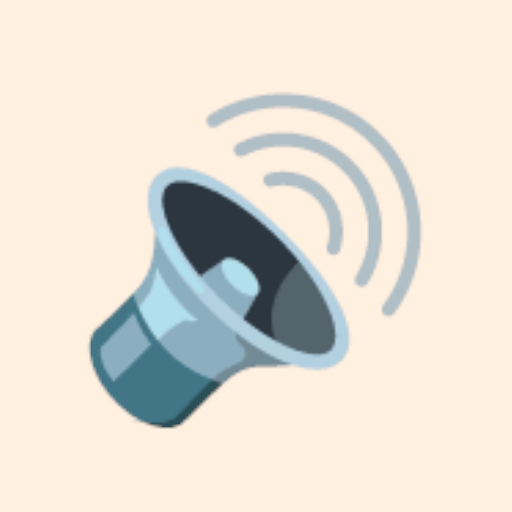Perwad Accent Modification Project
1.
Learn the International Phonetic Alphabet and the articulation of all the sounds relevant to English.
2.
English is a stress-timed language. Train your ears to sense stress.
3.
Study the difference between American English and British English. Choose one of them as your preferred way.
4.
Identify confusing sound pairs and practise pronouncing minimal pairs of those sounds for days until you are no longer confused.
5.
Train your ears to distinguish those confusing sound pairs.
6.
Relearn the pronunciations of the most common words in english.
7.
Study connected speech. Understanding narrow transcription will be useful (Focus on the diacritics devoiced, aspirated and dental.)
8.
Select a podcast which provides transcripts like The Guardian Long Read (Mostly British English) or The History of English (American English).
Listen to a few sentences and repeat it yourself by looking at the transcript, preferably in a Kindle device. Listening is just for training your ears. Practise it for months until producing such sentences become natural to you.
While reading out the transcript, you may look up for pronunciation and those words will be available in the Kindle vocabulary builder. Check periodically whether you can recollect those pronunciations.
Some words will be hard to utter. Use Google voice-search and pronunciation-practice to identify which part of the pronunciation you need to work on. For example, I was pronouncing content as contend. n is voiced which was influencing t (voiced t is d.)
9.
Get some audios narrated by your favourite voice actor. Play each audio sentence by sentence. Pay attention to the narrator's pitch, pace, stress, intonation, enunciation etc. Imitate it, record it and evaluate it yourself.
Disclaimer:
These steps were used for modifying my accent. I had hearing difficulty until my post-graduation, so I couldn't count on my hearing ability. I relied on the description of how to produce each sound and associated phonetic symbols to remember those sounds.
Some feel that a bias, often implicit, toward nativeness as the ultimate level of attainment is a form of linguistic imperialism. Nonnative speakers often face a great deal of bias and prejudice based on the way they speak, and by subtly implying that their accents in and of themselves are inferior, we become, at best, bystanders to this discrimination and, at worst, promoters of it.
- Robert McKinney
What works for me may not work for you. Make necessary changes to suit your needs. You may not understand everything in every stage of your accent modification journey. It is okay to have misunderstandings and correct it in later stages.
 Minimal Pairs Listed
Minimal Pairs Listed
 Minimal Pairs Perception
Minimal Pairs Perception
 StoS - Spelling to Sound
StoS - Spelling to Sound
 Try Connected Speech
Try Connected Speech
 Audio Clip Player
Audio Clip Player